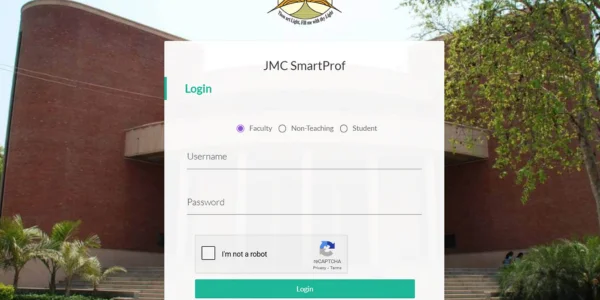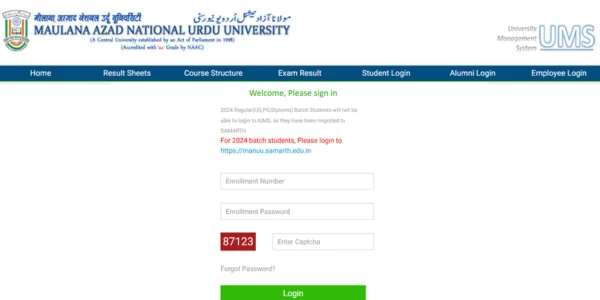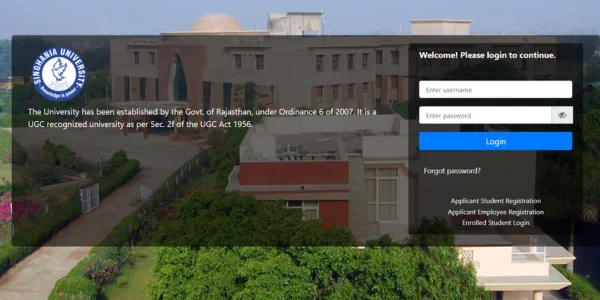FRM course full form is Financial Risk Manager. It is a globally recognized professional certification in risk management, offered by the Global Association of Risk Professionals (GARP). The FRM course is designed for finance professionals who specialize in risk assessment, financial analysis, and risk mitigation strategies in banking, investment, and corporate finance sectors.
Course Overview
The FRM certification is divided into two levels:
- FRM Part I: Focuses on foundational concepts like risk management tools, financial markets, and valuation models.
- FRM Part II: Covers advanced topics such as market risk, credit risk, operational risk, and investment management.
The FRM course syllabus includes:
- Quantitative Analysis
- Financial Markets and Products
- Valuation and Risk Models
- Market Risk Measurement and Management
- Operational and Integrated Risk Management
Eligibility Criteria
There are no specific educational prerequisites to enroll in the FRM exam. However, candidates should have:
- A bachelor’s degree (recommended but not mandatory).
- Knowledge of finance, statistics, and risk management concepts.
- To obtain the FRM certification, candidates must pass both levels and gain two years of relevant work experience.
Career Opportunities and Scope
The FRM certification opens up career opportunities in:
- Risk Management in Banks and Financial Institutions
- Investment Banking and Hedge Funds
- Corporate Finance and Credit Risk Analysis
- Regulatory and Compliance Roles
Many FRM-certified professionals work as Risk Analysts, Credit Risk Managers, Portfolio Managers, and Financial Consultants.
Conclusion
The FRM course is an excellent choice for finance professionals seeking a specialized career in risk management. It enhances analytical skills, industry expertise, and global recognition, making it a valuable certification in the financial sector.




